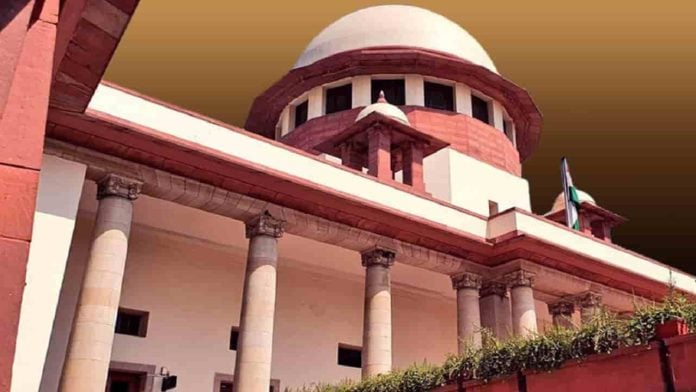The Supreme Court has refused to entertain a Special Leave Petition filed by the Enforcement Directorate (ED) against a Delhi High Court order of 2022, which directed ED
The Bench of Justice M.R. Shah and Justice C.T. Ravikumar on Tuesday modified the Delhi High Court verdict of 2022, which held that the employees of a security establishment could not be deprived of their fundamental and legal rights just because they worked at an intelligence and security establishment as it would amount to holding that those who serve in these organisations have no human rights.
While keeping the question of law open, the Apex Court, while refusing to entertain the petition filed by ED, disapproved the reasoning given by the High Court that non-supply of the information or documents was a human rights violation as in the absence of the same, the information seeker would not be able to agitate for her right to promotion.
ED had filed a petition in the Supreme Court challenging the High Court judgment, which directed the national agency to provide copies of all seniority lists in respect of lower division clerks (LDCs) from 1991 onwards, and copies of the proposals for promotion of LDCs placed before the Departmental Promotion Committee (DPC) together with copies of the minutes of the meetings and copies of the promotion orders issued on the recommendations of the DPC from time to time.
An employee of ED sought information from the national agency by way of an application under the Right to Information (RTI) Act.
The Apex Court noted that although it did not approve the reasoning given by the High Court, but taking into consideration the fact that what was sought was the service record, namely, seniority list and copies of the proposal for promotion of the lower division clerks placed before the DPC, keeping the question of law open, whether on other aspects or with respect to other information whether RTI Act shall be applicable to the appellant or not, it would not entertain the SLP in the peculiar facts and circumstances of the documents sought.
The Bench further rejected the petition by ED, it disapproved the reasoning offered by the high court that non-supply of the information or documents was a human rights violation as in the absence of the same, the information seeker would not be able to agitate for her right to promotion.
Appearing for ED, Solicitor General Tushar Mehta contended that though the petitioner had no objection to the supply of information asked for, the reasoning offered by the High Court in the impugned judgement required interference by the Supreme Court.
As per the national agency, Section 24(1) of the RTI Act expressly excluded intelligence and security organisations specified in the Second Schedule of the Act from the purview of the Act.
However, the sub-section provided that the information pertaining to the allegations of corruption and human rights violations shall not be excluded under this sub‑section:
In case of information sought for was in respect of allegations of violation of human rights, the information shall only be provided after the approval of the Central Information Commission, and notwithstanding anything contained in Section 7, such information shall be provided within 45 days from the date of the receipt of requests.
Currently, 22 organisations, including the ED, were listed in the Second Schedule to the RTI Act, giving them immunity from the applicability of the RTI Act.
However, as per the proviso to Section 24, this was not blanket immunity. If the information sought pertained to allegations of corruption and human rights violations, it was not protected from disclosure under Section 24.


